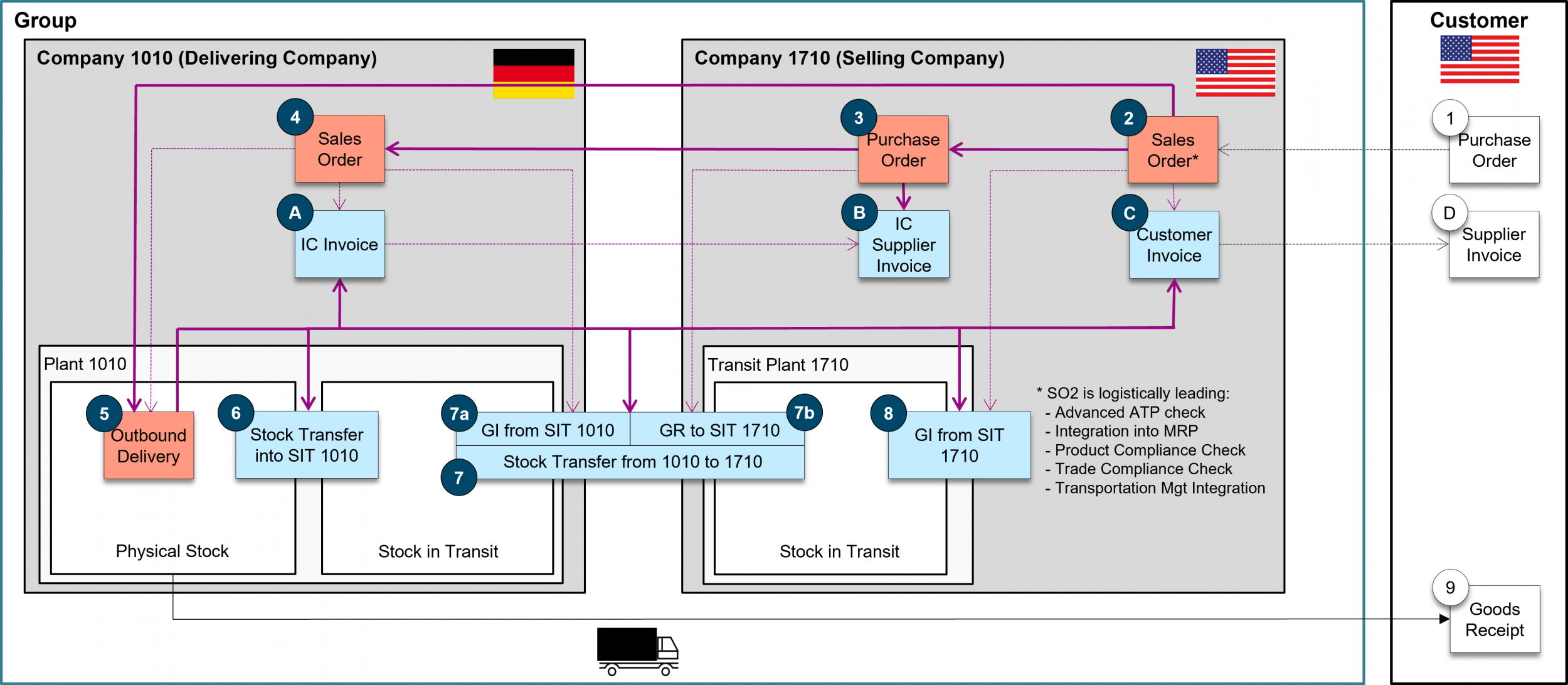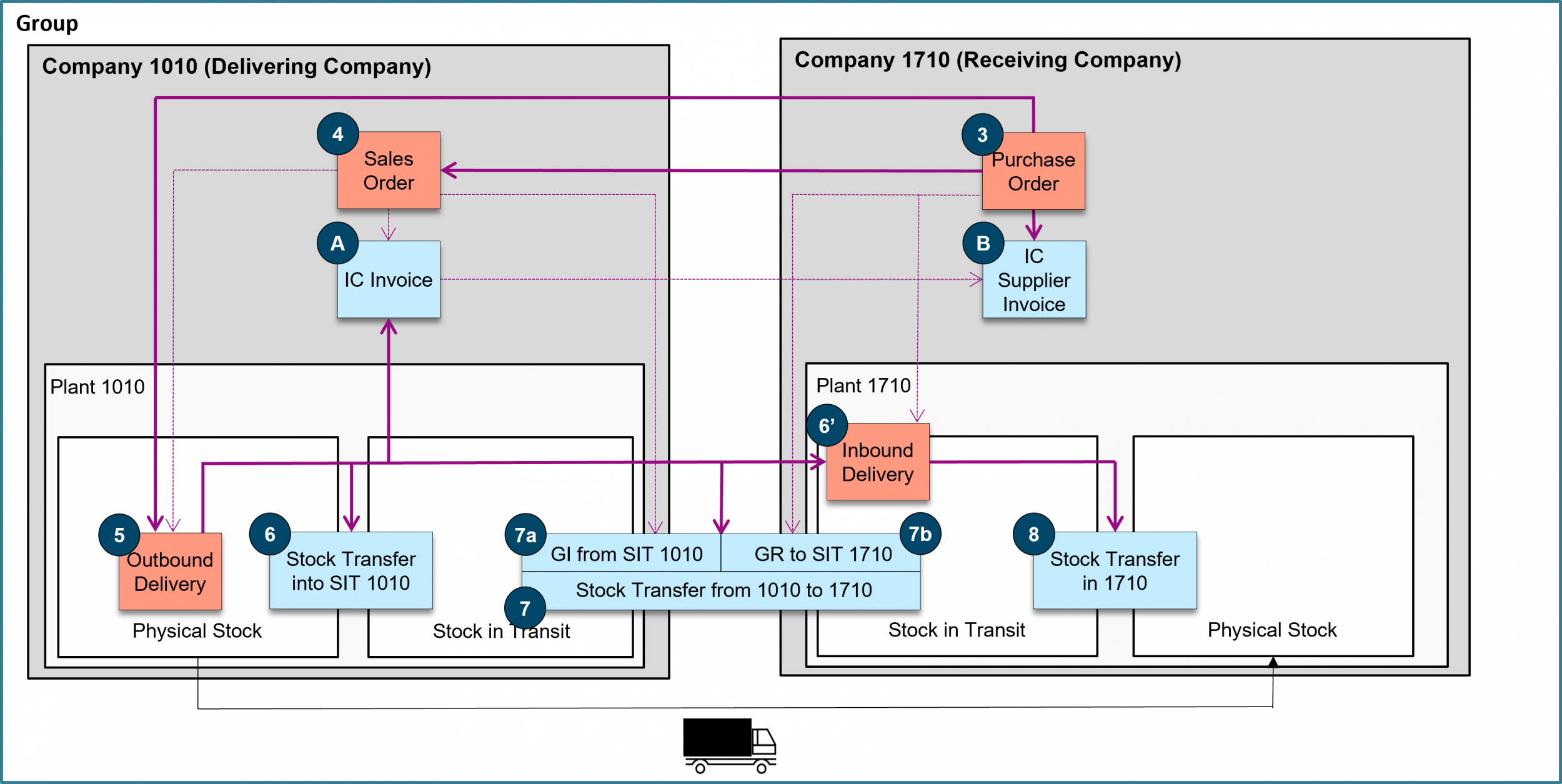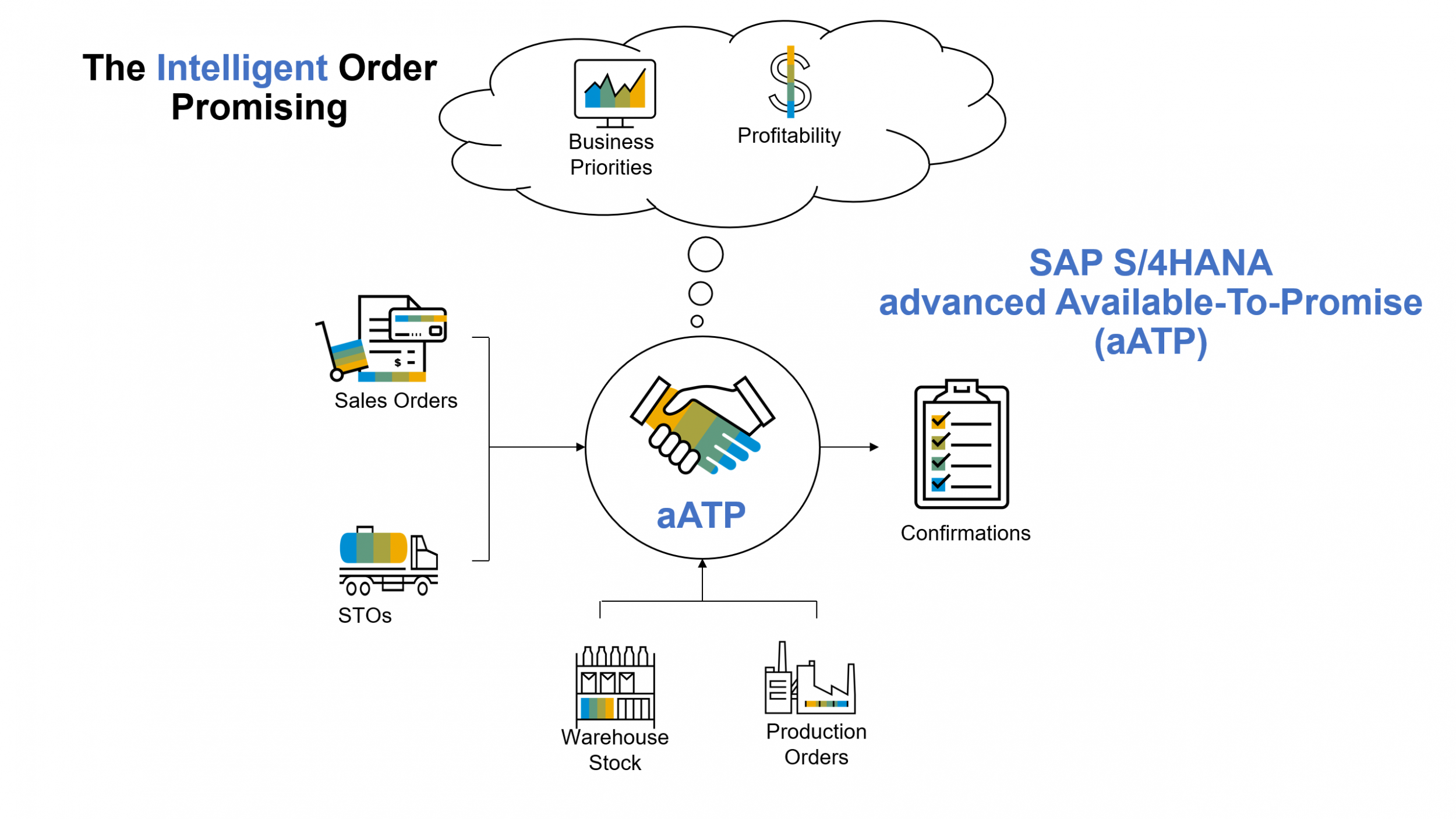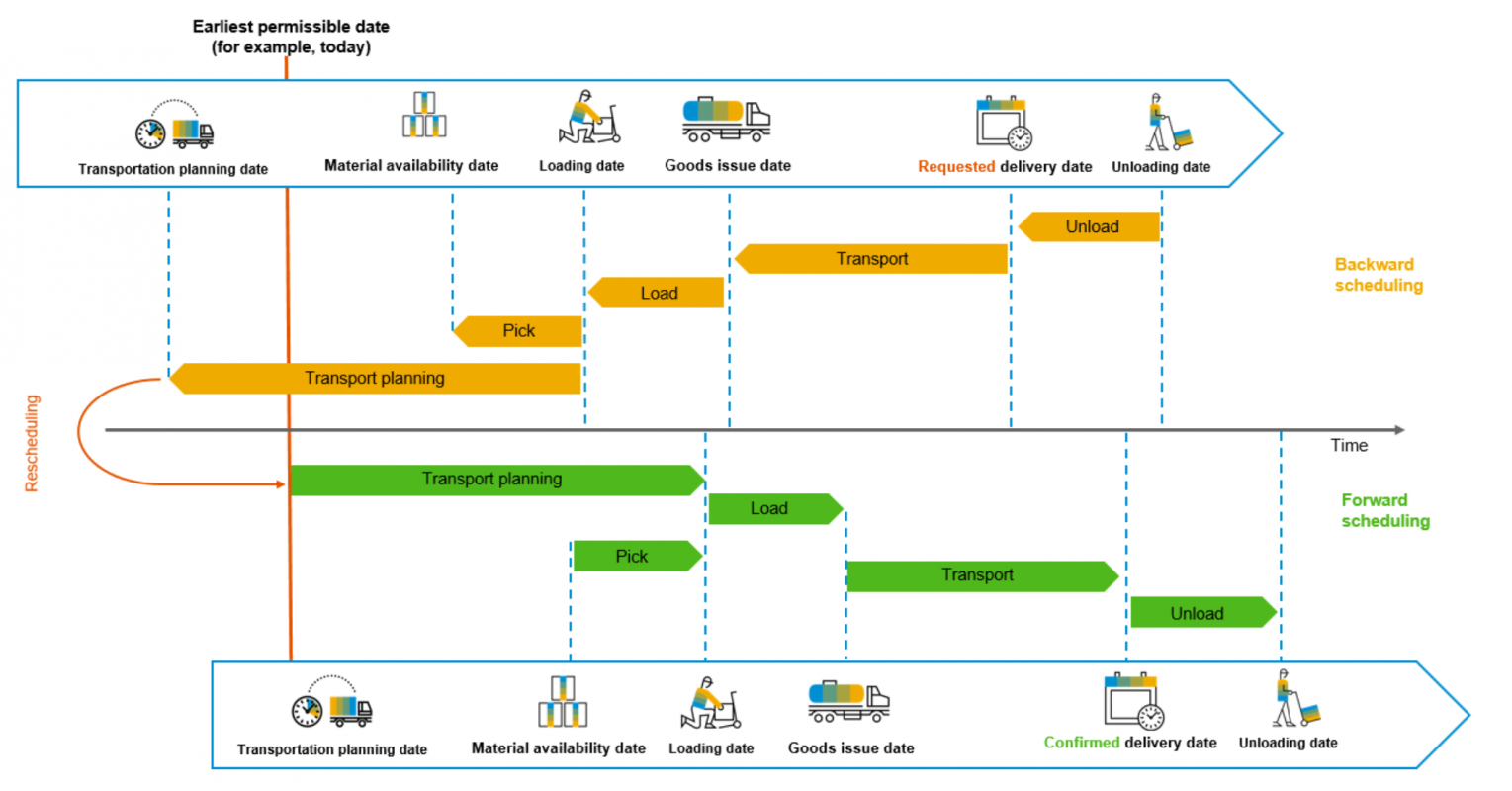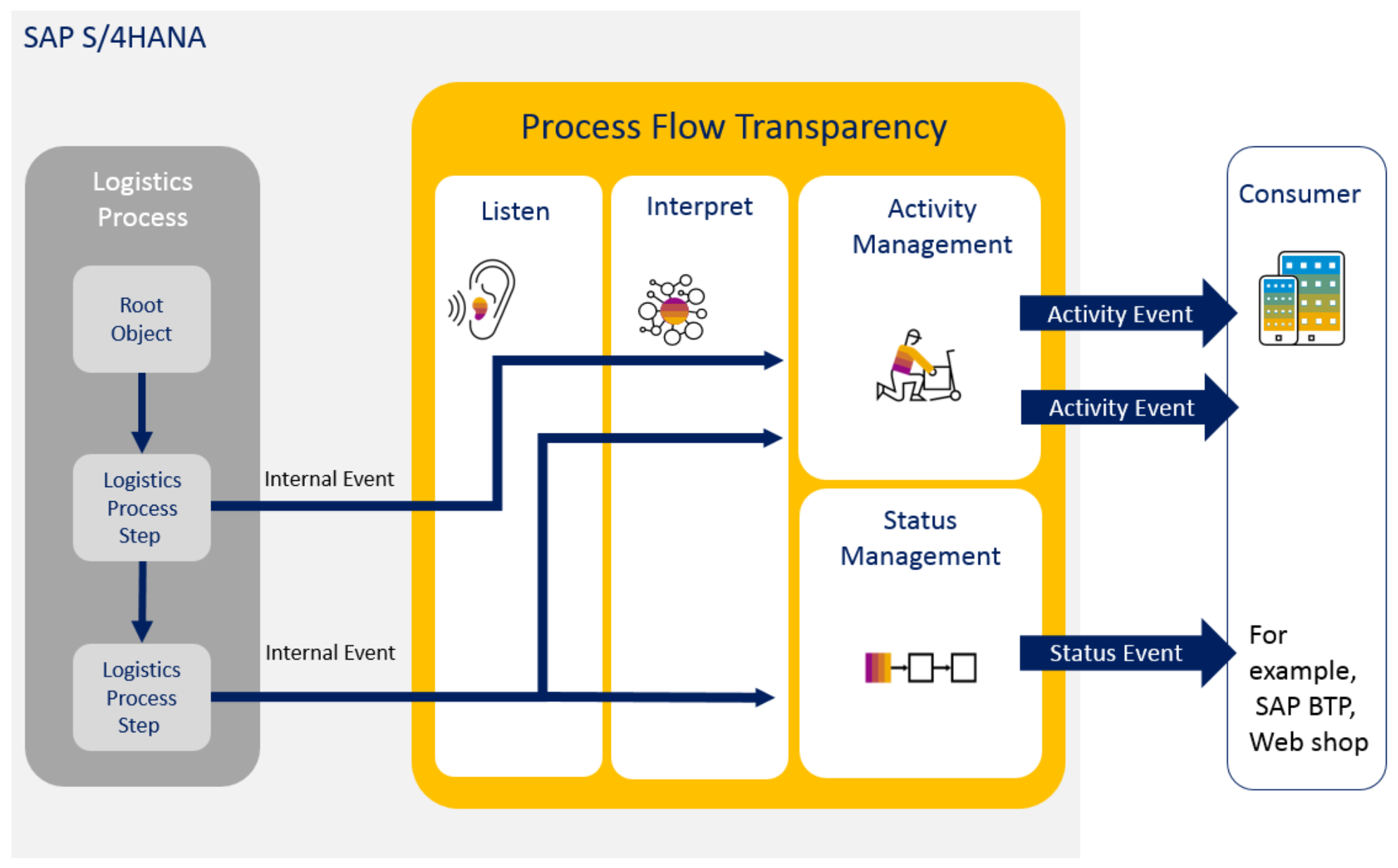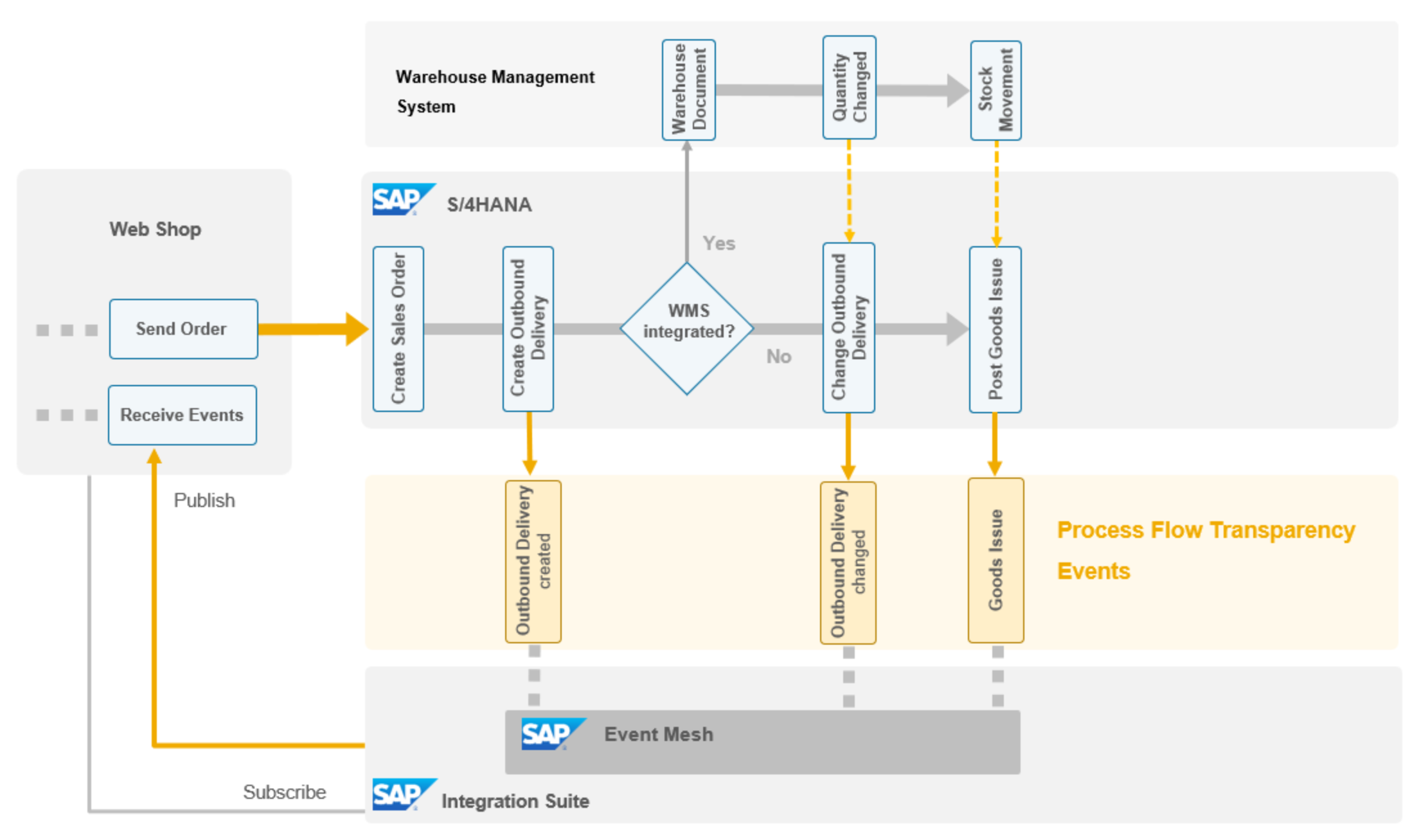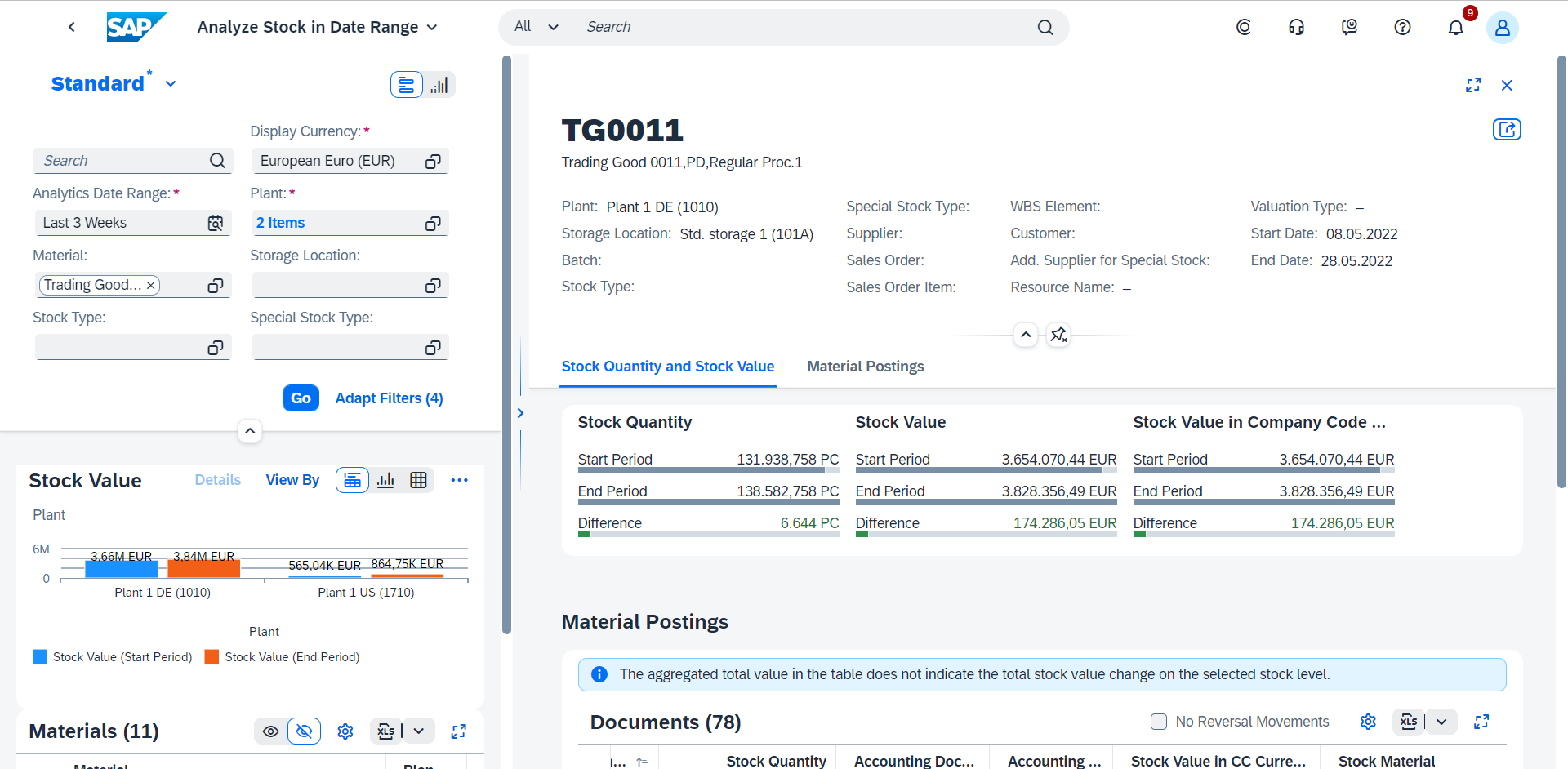Highlights for Supply Chain Management in SAP S/4HANA
25-Jul-2023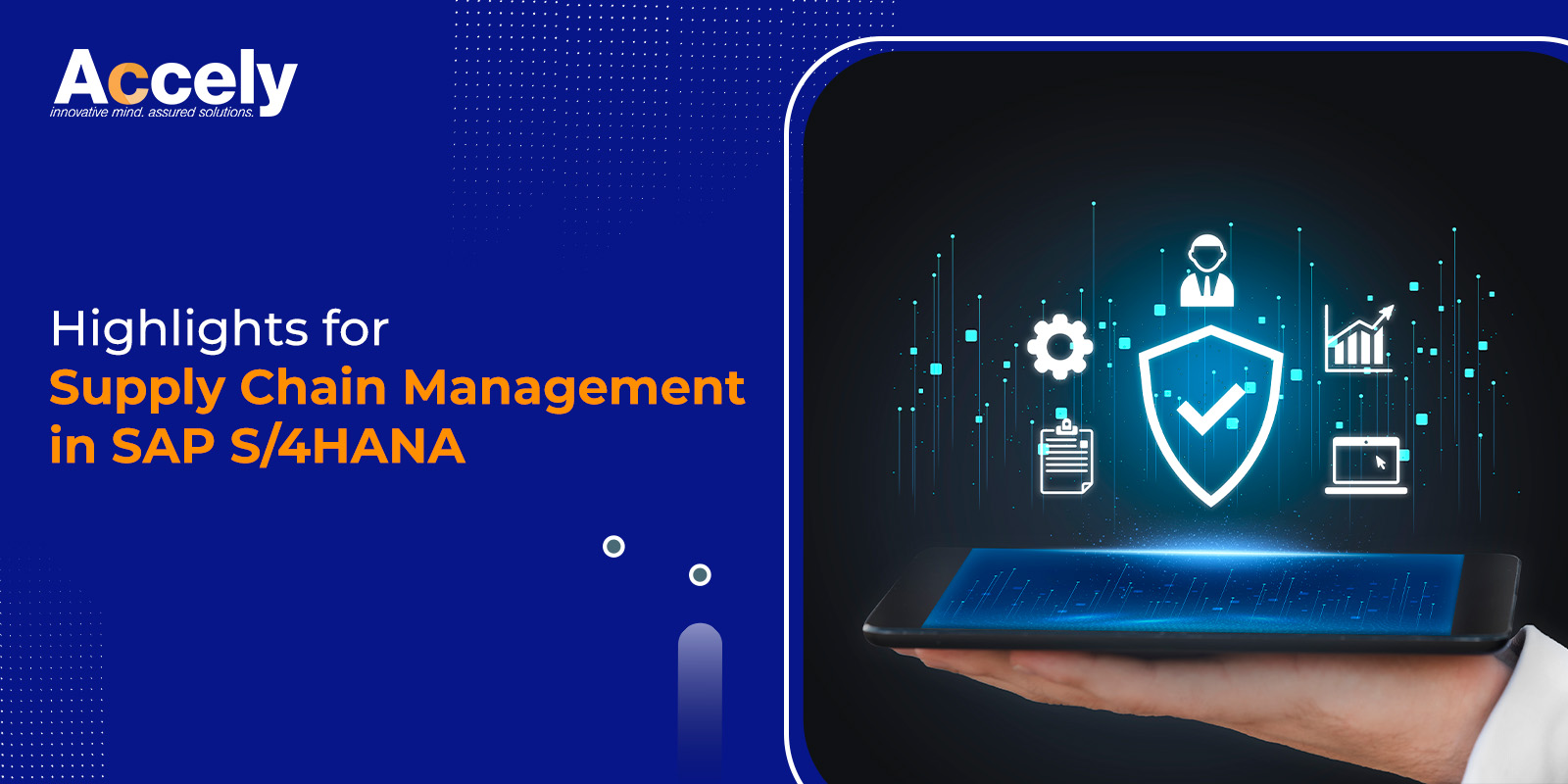
Supply chain visibility has become a prevailing trend, revolutionizing operations, decision-making, and customer satisfaction. However, it goes beyond merely understanding internal data. Supply Chain Management involves the seamless integration of data from suppliers, manufacturers, co-packers, distributors, and the final delivery stages. This interconnected information must be easily accessible at any given moment, empowering businesses to adapt swiftly and optimize their entire supply chain network. In essence, it’s about gaining an all-encompassing perspective that drives efficiency, informed choices, and heightened customer delight throughout the entire supply journey.
Enhancing supply chain visibility is imperative for achieving business success, yet it continues to elude many companies. A staggering 62% of businesses have only limited visibility into their supply chain, and a mere 15% possess visibility into production. This lack of clarity gives rise to numerous challenges, including lost revenue due to chargebacks, fines, and fees.
To address these issues and elevate supply chain visibility, companies can leverage advanced solutions such as SAP S/4HANA and RISE with SAP. SAP S/4HANA is a cutting-edge Enterprise Resource Planning (ERP) system that offers real-time insights and analytics, enabling organizations to streamline and optimize their supply chain processes.
With RISE with SAP, businesses can take advantage of an end-to-end transformation offering that encompasses technology, tools, and services for accelerated digitalization. This comprehensive approach can enhance Supply Chain Management, allowing companies to gain deeper insights and real-time tracking of their entire supply chain, from sourcing to production to distribution.
Let’s delve into the intricacies of Supply Chain Management and explore a diverse range of new capabilities that are shaping the way businesses optimize their supply chains.
Elevating Intercompany Processes to the Next Level
Advanced intercompany processes refer to the complex and specialized procedures that multinational corporations follow to manage transactions and relationships between their various subsidiary companies. These processes are essential for maintaining accurate financial reporting, compliance with tax regulations, and optimizing operations within the organization.
The figure below shows the process flow for Advanced Intercompany Sales – Single Level / Single System:
Source: https://blogs.sap.com/
Below is a figure illustrating the process flow for an Advanced Intercompany Stock Transfer, specifically focusing on a Single Level and Single System scenario.
Source: https://blogs.sap.com/
Advanced Available-to-Promise (aATP)
Advanced Available-to-Promise (aATP) is an enhanced version of the traditional Available-to-Promise (ATP) process used in supply chain management. ATP is a critical functionality in inventory management systems, helping businesses promise accurate delivery dates to customers based on the available inventory and production capacity. However, aATP takes this concept to a higher level of sophistication and efficiency by considering additional factors and capabilities.
When faced with the challenge of limited material availability, internal sales representatives, order fulfillment managers, and order fulfillment specialists rely on mechanisms provided by SAP S/4HANA to configure, execute, and monitor availability checks. These tools, integrated with Supply Chain Management, are essential for optimizing the distribution of available supplies. In this context, engaging with an experienced SAP consulting company can be beneficial to ensure the effective implementation and utilization of these solutions for efficient supply management.
By leveraging the advanced Available-to-Promise (aATP) capabilities, you can determine the specific date and quantity with which a requirement can be fulfilled and confirmed.
The figure below illustrates how SAP S/4HANA’s advanced Available-to-Promise (aATP) enables intelligent order promising.
Source: https://blogs.sap.com/
Business Process Scheduling
Business Process Scheduling refers to the practice of planning and organizing various tasks, activities, and resources within a business to optimize productivity, efficiency, and timely execution of operations. It involves creating a structured timeline and assigning specific tasks to employees or resources to ensure that business processes are completed in a logical and orderly manner.
Engaging with a specialized SAP consulting company can further enhance the implementation and utilization of Business Process Scheduling in SAP S/4HANA, ensuring that the scheduling schema aligns with the organization’s unique requirements and business goals. This collaboration empowers businesses to achieve greater operational efficiency, improved productivity, and enhanced customer satisfaction throughout their supply chain processes.
The below figure shows the Standard Business Processes for Scheduling:
Source: https://blogs.sap.com/
Transparency in Process Flow
If you have a Webshop app connected to an SAP S/4HANA backend and wish to track logistics process steps and milestones for sales order items, Process Flow Transparency (LO-GEN-PFT) offers a solution. Through business events, LO-GEN-PFT makes SAP S/4HANA logistics process steps and milestones accessible to your app. It aggregates single process steps from subsequent documents, such as the goods issue posting for a delivery document, up to the sales order item level. Additionally, logistics activity events inform you about dedicated status changes in the business objects involved in the logistics process. Moreover, status events are triggered whenever a logistics activity leads to a status change for the overall logistics business process. To utilize these events, you can subscribe to them, and they are also available on SAP API Business Hub.
Transparency of Process Flow: A General Concept
Below Figure Process Flow Transparency in General
Source: https://blogs.sap.com/
The next figure shows an example of a solution variant for SAP S/4HANA 2022 FPS01.
Source: https://blogs.sap.com/
Process Flow Transparency Business Events
The fundamental elements of the process flow transparency solution are the events. These events are triggered whenever there are changes in the SAP Object Types LogisticsProcessFlowActivity and LogsProcFlowStatusCollection.
The data and insights obtained from these events can be leveraged in various applications, such as those developed on the SAP Business Technology Platform, and also in Web shops.
Inventory Management
Analyze Stock in Date Range
Enhanced SAP Fiori app “Analyze Stock in Date Range” empowers users to efficiently examine and track goods movement postings for single or multiple materials within a specified date range. The app offers clear visibility by presenting stock quantities and values at the designated analytical start and end dates. On the detailed page, users gain access to a comprehensive analysis of all goods movements that occurred during the specified period. This improved app ensures better control and understanding of stock-related activities, facilitating more informed decision-making for inventory management.
For instance, this app helps you in your day-to-day work as an inventory manager.
Source: https://blogs.sap.com/
In Conclusion
The blog highlighted several key capabilities that are transforming the way businesses manage their supply chains. Advanced intercompany processes, advanced Available-to-Promise (aATP), and Business Process Scheduling are just a few examples of the cutting-edge functionalities that SAP S/4HANA brings to the table. These solutions provide intelligent insights and streamlined processes, leading to improved efficiency and accuracy in inventory management and order fulfillment.
By harnessing the power of these advanced tools and technologies, businesses can elevate their Supply Chain Management practices, overcome challenges, and unlock new opportunities for growth and success. Engaging with experienced SAP consulting partners can further amplify the benefits, ensuring seamless implementation and alignment with specific business requirements.

